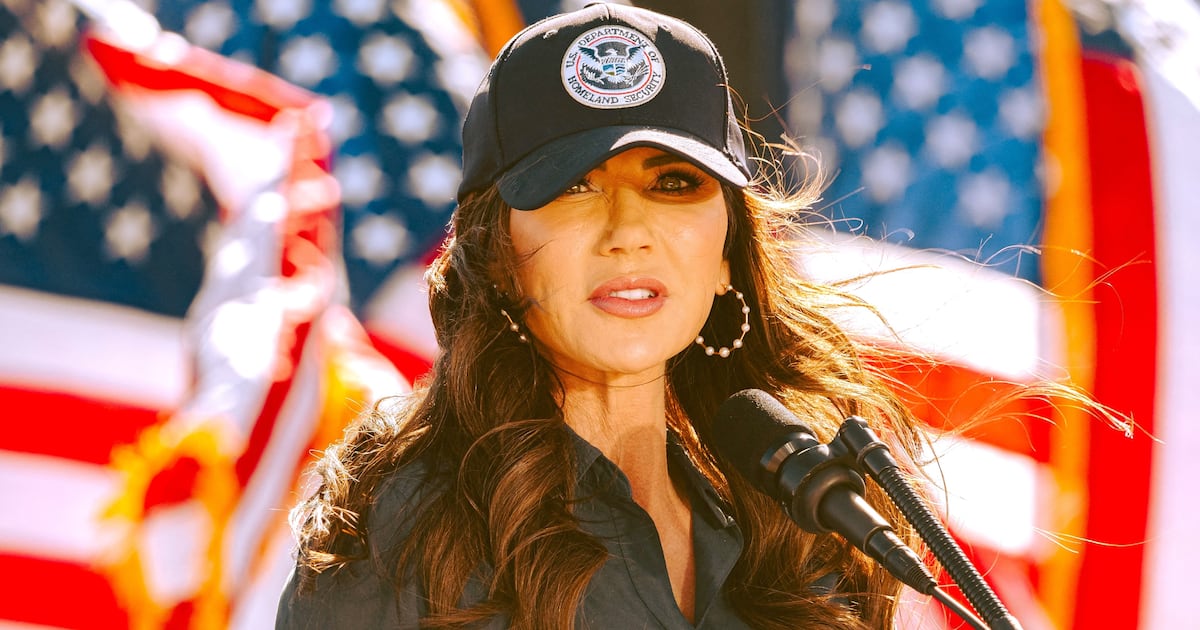The 19th century surgeon Samuel Gross is familiar to doctors around the world for his dark and poetic description of shock as “the machinery of life... rudely unhinged.” For anyone who has cared for a patient in such a state, the phrase is cruelly apt. Dying of shock is neither quiet nor ordered nor painless. On the contrary, it can be gruesome and kinetic. And no matter what equivocations are now employed to explain away the death of Jakelin Caal, it is morally necessary to acknowledge that this is how she died.
For a child dying of dehydration, one by one the organs of the body begin to blinker and collapse. The heart, for hours racing faster and faster to compensate for a lack of blood volume, is now a choking pump. The tissues are starved of oxygen. The blood itself becomes acidic. Membrane pumps fail and cells everywhere begin to burst. The kidneys are overrun.The lungs fail. And the brain, most desperately reliant on oxygen of all, begins to seize.
As of this writing, our government has provided two conflicting accounts of who was with 7-year-old Jakelin as this terrible unhinging began. First, we were told that agents of Border Control had separated her from her father for some inconceivable reason and that she was alone. Hours later, that girl and her father spent all of the time in custody together. Would it have been “better”—if such a qualifier is any use to us here—for Jakelin’s father to be at her side in these moments? As physicians, we are trained to think so. Either way, the process may have entered its final and irreversible stage by the time anyone of authority took notice.
Based on the best available information it seems that approximately nine hours after being taken into the custody of the United States government, Jakelin Caal suffered a cardiac arrest and did not recover. Her core body temperature was recorded at nearly 106 degrees Fahrenheit. She was pronounced dead 15 hours later in an El Paso hospital.
Rage is an infrequent presence in the register of emotions of the pediatrician. But as the wretched news of Jakelin’s death slowly trickled out this week, how else were we to feel? Beyond the injustice—beyond the futility and the powerlessness and the bottomless grief of the thing—pediatricians ought to be enraged, because we know how thoroughly and completely this child seems to have been failed.
Every pediatric resident in the country memorizes the standardized guidelines that must be met for their patients in shock. Within 15 minutes, establish IV access. Within 30, begin giving boluses of fluid again and again until a response is obtained. Within 60 minutes, start antibiotics. If a child in shock enters the emergency and doesn’t receive IV fluid for 35 minutes, it is unacceptable. If it takes 65 minutes, it is an abject failure.
The West Texas desert is not a Children’s Hospital and realistically these best practices would never have been met in a case like Jakelin’s. But in taking a child into its custody, the government enters into a sacred obligation to protect and promote the livelihood of that child. By any reasonable moral framework, our government must answer for the nine hours Jakelin sat in their custody, for the inability to recognize what is arguably the most fundamental and deadly disease process in all of medicine, and for allowing a little girl in their care to die a preventable death. And it must explain why Jakelin Caal died a slowly and terrible death for no good reason.
But in answering these questions, we should ask others as well.
Why, upon arrival, are families like Jakelin’s treated presumptively as criminals rather than refugees lawfully seeking asylum? Why don’t we do everything in our power to assess whether a child seeking our protection is facing a life-threatening medical emergency before placing her in a detention protocol?
Why don’t we involve doctors and nurses to adequately care for the ballooning population of undocumented minors that the government now has incarcerated with no end in sight?
Where were the medical personnel that night?
The tragic circumstances surrounding Jakelin’s death are all the more galling for the inexplicable reluctance of government officials to involve medical professionals in the care of the children they take into custody. Even as the number of unaccompanied minors held in captivity at sites like the so-called “Tornillo Tent City” rise, DHS has blocked outside pediatricians from accessing their facilities despite evidence of medical need. In the rare instances when independent doctors have been allowed to observe conditions, what they find has been alarming.
On Friday Dr. Colleen Kraft, president of the American Academy of Pediatrics, took the extraordinary step of calling for DHS to allow supervision of children in its detention facilities by pediatricians from the academy. Such a move would be long overdue. We need medical supervision for children like Jakelin when they first arrive in this country. We need medical supervision of the appalling conditions inside the hieleras, the temporary holding cells where some of the most egregious human rights violations are being reported. And perhaps most of all, we need medical supervision of the thousands of children still held in indefinite detention without their families.
Taking care of thousands and thousands of children, many of whom have just experienced devastating physical and emotional trauma, is incredibly difficult. Without a comprehensive strategy involving medical professionals, DHS will fail again and again. The unpalatable truth is that Jakelin’s death was not the random outcome of accidental events, but the product of a system that never valued her health to begin with.
Dr. John Harlow is a community pediatrician in Los Angeles and an advocate for immigrant and refugee families.






